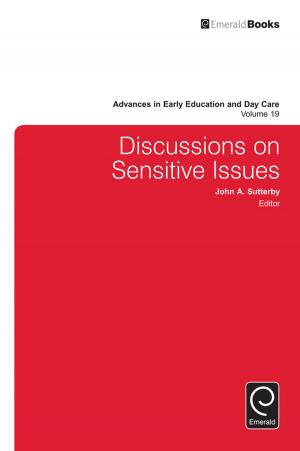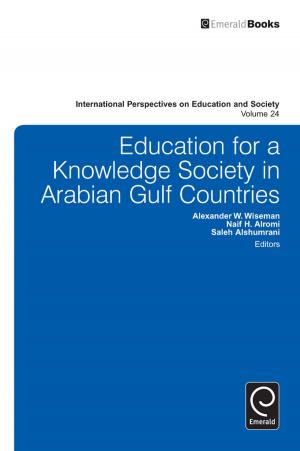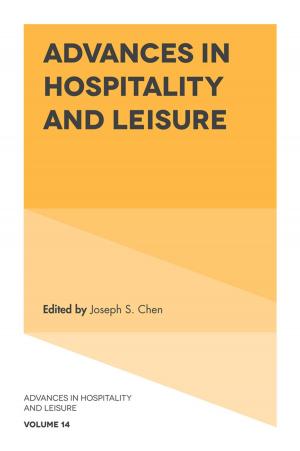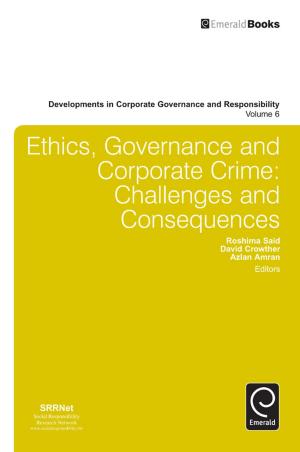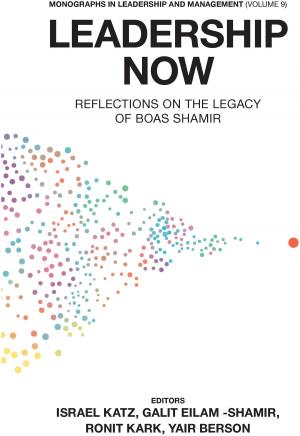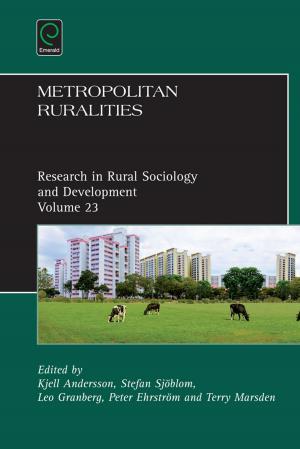Cultural Expertise and Socio-Legal Studies
Special Issue
Nonfiction, Reference & Language, Law, Jurisprudence, Criminal law| Author: | ISBN: | 9781787695177 | |
| Publisher: | Emerald Publishing Limited | Publication: | February 28, 2019 |
| Imprint: | Emerald Publishing Limited | Language: | English |
| Author: | |
| ISBN: | 9781787695177 |
| Publisher: | Emerald Publishing Limited |
| Publication: | February 28, 2019 |
| Imprint: | Emerald Publishing Limited |
| Language: | English |
This special issue of Studies in Law, Politics, and Society aims to foster a dialogue that is inclusive, constructive, and innovative in order to lay the basis for evaluating the usefulness and impact of cultural expertise in modern litigation. It investigates the scope of cultural expertise as a new socio-legal concept that broadly concerns the use of social sciences in connection with rights and the solution of conflicts. While the definition of cultural expertise is new, the conflicts it applies to are not, and these range from criminal law to civil law, including international human rights.
In this special issue, socio-legal scientists with interdisciplinary backgrounds scrutinize the applicability of the notion of cultural expertise in Europe and the rest of the World. Cases include murder, female genital mutilation, earthquake claims, Islamic law, underage marriages, child custody, adoption, land rights, and asylum. The authors debate on a variety of themes, such as legal pluralism, ethnicity, causal determinism, reification of culture, and the "culturalization" of defendants. The volume concludes with an overview of the ethical implications of the definition of cultural expertise and suggestions for a way forward.
This special issue of Studies in Law, Politics, and Society aims to foster a dialogue that is inclusive, constructive, and innovative in order to lay the basis for evaluating the usefulness and impact of cultural expertise in modern litigation. It investigates the scope of cultural expertise as a new socio-legal concept that broadly concerns the use of social sciences in connection with rights and the solution of conflicts. While the definition of cultural expertise is new, the conflicts it applies to are not, and these range from criminal law to civil law, including international human rights.
In this special issue, socio-legal scientists with interdisciplinary backgrounds scrutinize the applicability of the notion of cultural expertise in Europe and the rest of the World. Cases include murder, female genital mutilation, earthquake claims, Islamic law, underage marriages, child custody, adoption, land rights, and asylum. The authors debate on a variety of themes, such as legal pluralism, ethnicity, causal determinism, reification of culture, and the "culturalization" of defendants. The volume concludes with an overview of the ethical implications of the definition of cultural expertise and suggestions for a way forward.

